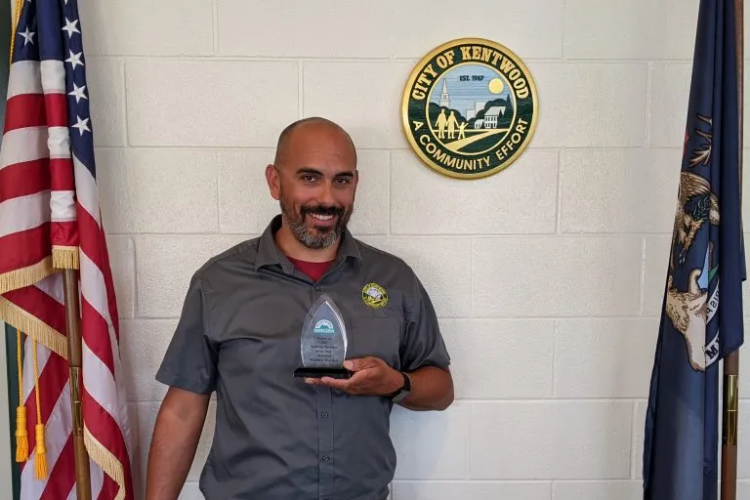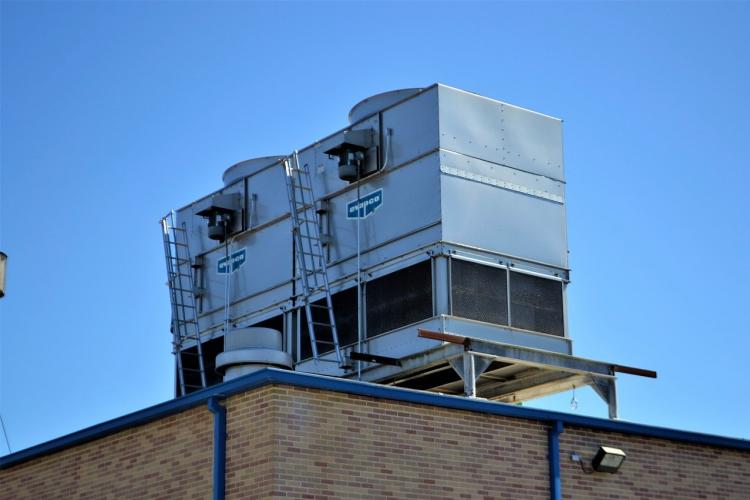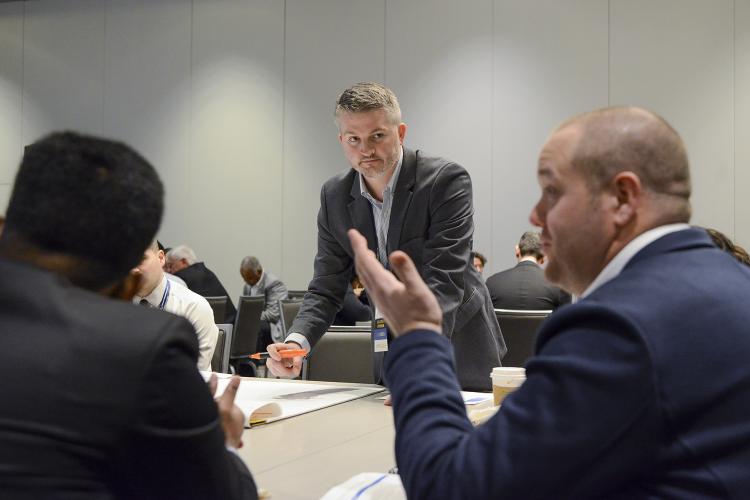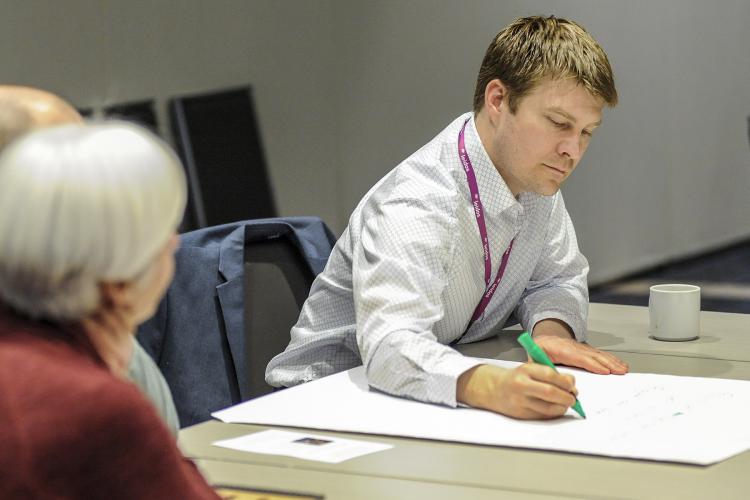Energy Efficiency Gets a Jumpstart in Kansas
On September 1, the Kansas Corporation Commission (KCC) delivered an order approving the long pending Evergy Kansas Energy Efficiency Investment Act (KEEIA) plan filing, confirming the utility’s 2023-2026 Demand-Side Management (DSM) Portfolio and associated cost recovery mechanisms. Commissioners approved the “Initial Program Settlement” and “Initial Financial Settlement” with certain modifications and conditions, rather than the more recently discussed “Alternative Settlement.”









